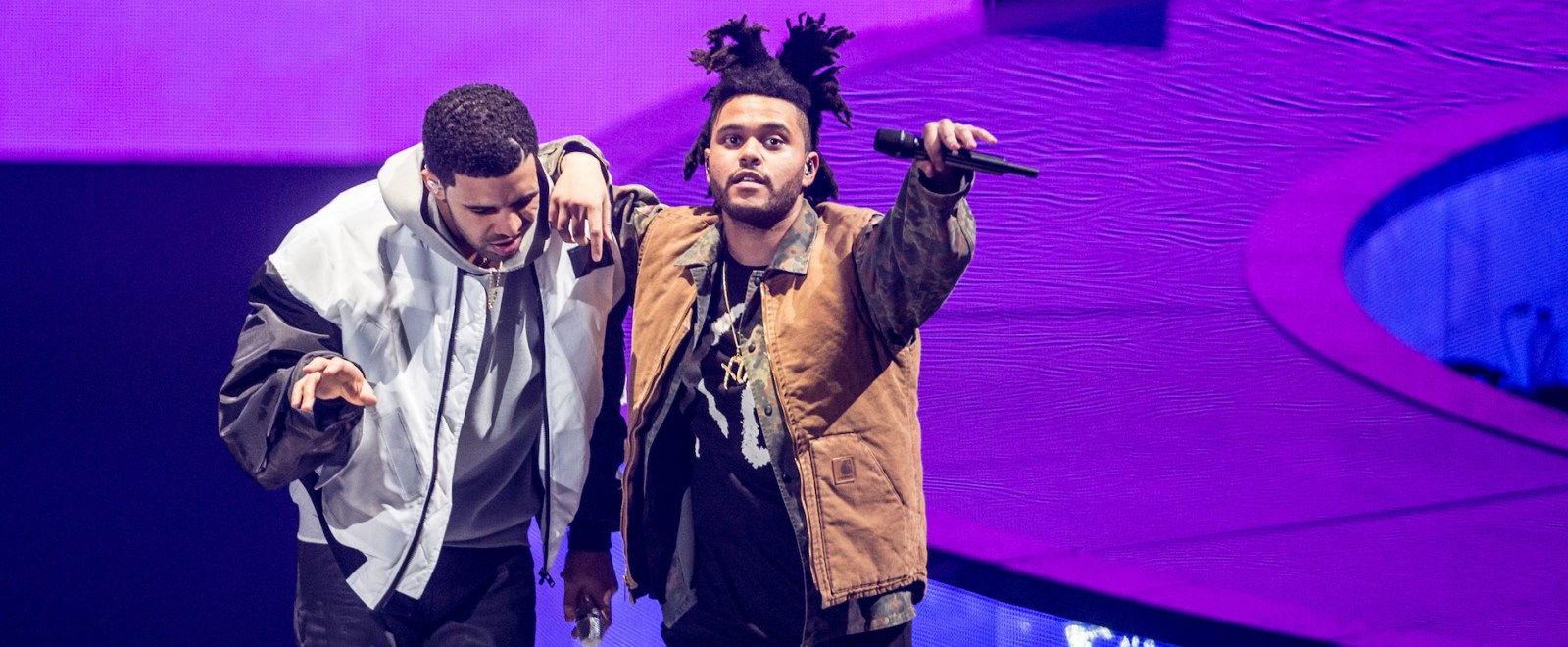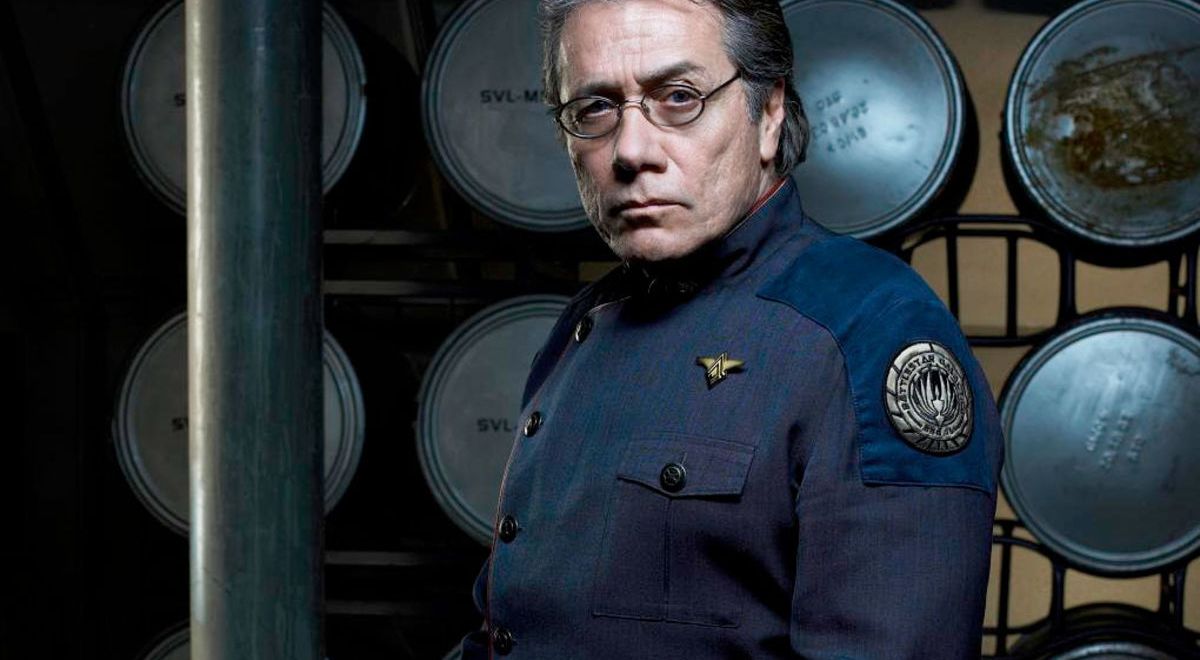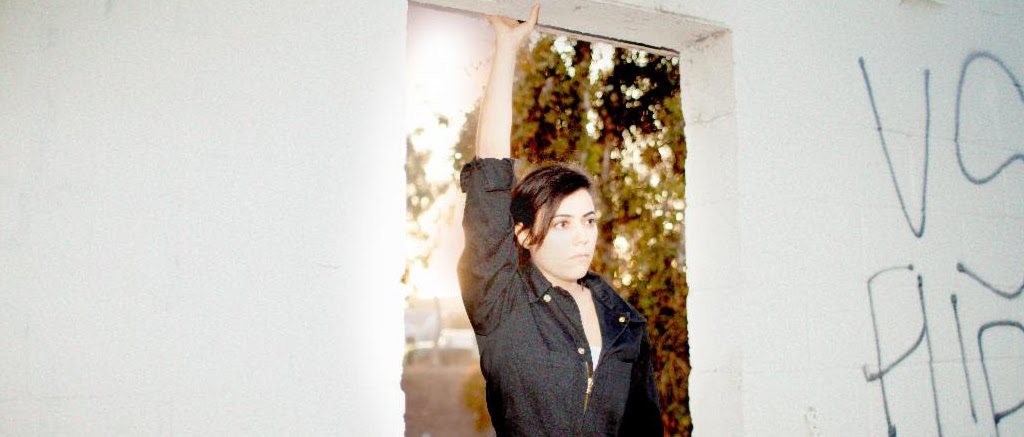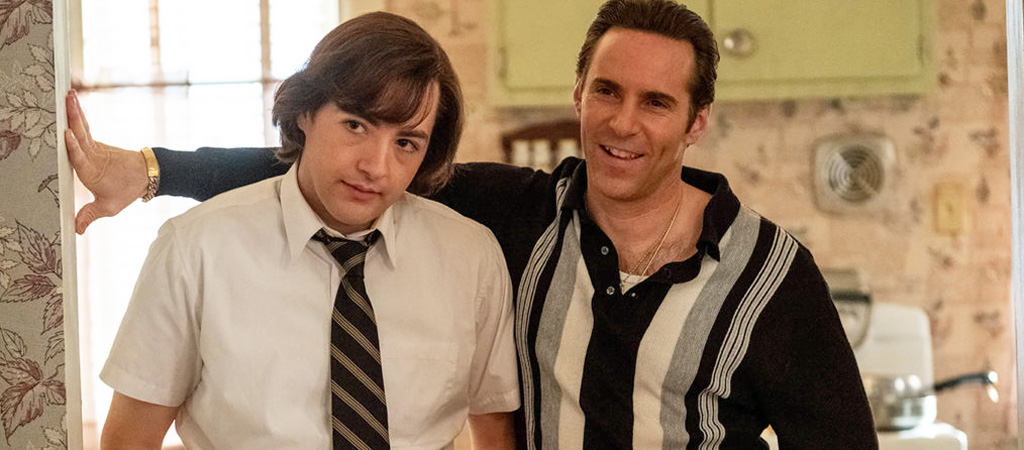The first reviews for The Many Saints of Newark are in, and the prequel film seems to fit nicely into The Sopranos world in at least one way: The critical discourse it’s spawning.
Set before the events of the television show, which has become a modern classic, The Many Saints of Newark pulls some surprising punches by not exactly being the Tony Soprano origin story it appears to be. While the late James Gandolfini’s son Michael is pitch-perfect casting as a young Tony, the film is instead more focused on the heyday of the wider Sopranos crime family during the ’60s and ’70s. It’s a creative choice that has critics torn over what the film adds to The Sopranos legacy with some praising its additions to the canon and others asking what the point was here. Although, that point appears to be the possibility of a sequel, which does fit the crime drama’s theme of always taking more.
You can read excerpts from the early reviews below:
Mike Ryan, Uproxx:
Let it be known to anyone reading this: The Many Saints of Newark is not a Tony Soprano origin story. Though, it’s not completely disingenuous to label it that way because there are many events that happen in this movie that no doubt influence the future Tony. But, here, mostly, Tony is an observer. My point is I’d hate for anyone to dismiss this movie for that reason alone. Because there’s a lot going on in The Many Saints of Newark – a movie I haven’t been able to stop thinking about since I saw it a few weeks ago.
Owen Gleiberman, Variety:
If you’re a “Sopranos” fanatic (and who isn’t?), there are a few key things you want from “The Many Saints of Newark,” starting with a movie that’s compulsively authentic and watchable the way that the show was. As co-written by Chase and Lawrence Konner, and directed by the series regular Alan Taylor, “The Many Saints” more or less fills that bill. It’s a sharp, lively, and engrossing movie, one that provides a fascinating running commentary on how the world of “The Sopranos” came into being.
Leah Greenblatt, Entertainment Weekly:
Great character actors like Corey Stoll and Billy Magnussen come and go, sometimes with a bang (or a drill, or a weaponized steering wheel) and the women are mostly left to pick up the pieces. Michael Gandolfini’s tender, awkward Tony, too, is largely there to bear witness; a lost boy in a grownup’s world. Saints can’t be what Sopranos was — without the time or the ones who’ve been lost to tell it, fuggedaboutit. But for a hundred-something minutes, it feels close enough to coming home again.
Matt Goldberg, Collider:
If you approach the film simply through the eyes of young Tony Soprano, you’ll likely be disappointed, because that’s not the film that creator and co-writer David Chase set out to make here. Instead, he has crafted a film that gets to the heart of American myth and the sins we allow ourselves to perpetuate out of greed, lust, envy, and pride, but all under the cover that somehow these can be justified whether it’s through good deeds or simple restitution. Like The Sopranos, we see boys playing at being men with horrific consequences. The Many Saints of Newark is much bigger than a Tony Soprano origin story, and it’s all the richer for it.
David Rooney, The Hollywood Reporter:
The Many Saints of Newark is more of a diverting footnote than an invaluable extension of the show’s colossal legacy. It’s telling that one of the movie’s most electrifying moments is when the churning synth bassline of “Woke Up This Morning” blasts out over the end credits.
Peter Bradshaw, The Guardian:
Young Tony is portrayed with goosebump-inducing deja vu by Michael Gandolfini, son of the late James Gandolfini, who played the role on TV. Tony’s sleepy-eyed sensitivity, his melancholy, his glowering resentment and dangerous hurt feelings are there in embryo. His father, Johnny, is played by Jon Bernthal, and his terrifying mother Livia by Vera Farmiga who gives a superb rendering of Livia’s own haughty mannerisms. But you could spend this entire movie hanging on for the first sign of those all-important petit mal fainting fits that the TV show said originated in Tony’s dad. Is history being rewritten, or misrememberings corrected?
David Ehrlich, IndieWire:
Directed with unfussy confidence by “Sopranos” veteran Alan Taylor, it wants to give people more of a show they love because of how forcefully it argues that more is never enough. The result, almost by design, is equal parts gratuitous fan service and gripping mob drama; a clumsy devil’s handshake of a film that’s asphyxiated to death by the same mythology it also leverages into a masterful origin story about cyclical violence and the sins of the father.
Clarisse Loughrey, The Independent:
It’s not all that necessary to be acquainted with The Sopranos to enjoy its feature-length prequel, The Many Saints of Newark. What it demands from its audience is only this: an understanding that there is no innocence among the powerful, and that men too often carry on the burdens of their forefathers. Such fatalistic ideas were already the lifeblood of David Chase’s celebrated mob drama, which aired on HBO from 1999 to 2007 and is still widely regarded to be a peerless work of television. But here they’re delivered with that quiet ache that can only come with the passing of time.
The Many Saints of Newark premieres in theaters and HBO Max on October 1.



 (@darth)
(@darth) 
 (@insaneshitt)
(@insaneshitt) 

